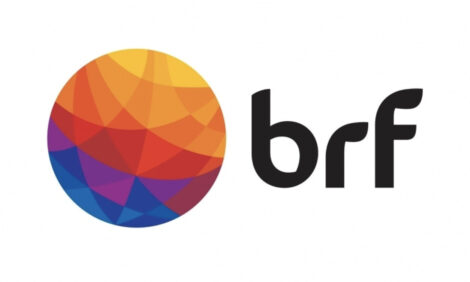



World Bank Helps Zambia Improve Livestock Productivity
ZAMBIA - US$50 million being made available by the World Bank for the Livestock Development and Animal Health Project (LDAHP), with the aim of improving livestock farming for smallholder farmers in rural Zambia.The World Bank Board of Directors today approved a US$50 million credit to improve the productivity of key livestock production systems for targeted female and male smallholder producers in Eastern, Southern and Western provinces of Zambia. The Project will also cover the implementation of Disease Free Zones in Central, Lusaka and parts of Copperbelt provinces.
The LDAHP comes at a time when the new Government of Zambia has embarked on a campaign to diversify its economy, so that it shifts from a heavy reliance on copper mining and maize production alone. Broadening support towards agricultural diversification generally and Livestock production specifically will certainly help address such attempts at diversification.
Aligned to the new World Bank’s new Africa strategy of competitiveness and employment creation and the Zambia’s Comprehensive Africa Agriculture Development Program, the project will directly benefit 390,000 female and male smallholder producers in the targeted areas who rear cattle, sheep, goats, pigs and poultry. Indirect beneficiaries will include one million livestock farmers who will indirectly benefit from improved control of animal diseases. Value chain stakeholders will likewise profit from increased animal supply numbers.
Responding to the outcome of the Board decision, Task Team Leader for the project, Alex Mwanakasale said the project focus to control livestock diseases of an epidemic nature has major trans-boundary (regional/international) significance and will surely enhance the productivity of smallholder livestock producers.
He said: “It will strengthen both the public and private veterinary services and address other identified constraints by supporting productive investments in infrastructure, equipment, and improve technology transfer and access to advisory and extension services by encouraging the formation of groups.”
Reacting to the same news from the Board, the Country Director of Zambia, Malawi and Zimbabwe, Kundhavi Kadirisen said: “We are very pleased with the outcome of Board meeting as this project will not only enhance government effort to increase the role of livestock farming and diversify agriculture production to raise its share of its contribution to Zambia’s GDP, but also raise the standard of living in the rural area and create sustainable jobs.”
She added that the project will provide equipment, rehabilitate or construct critical public and community infrastructure, and will facilitate skills training of front line animal production and veterinary staff. It will also strengthen capacity of sector institutions, provide logistical support to the Ministry of Agriculture, and increase academic and technical/management skills training for public national institutions and producer organisations.









